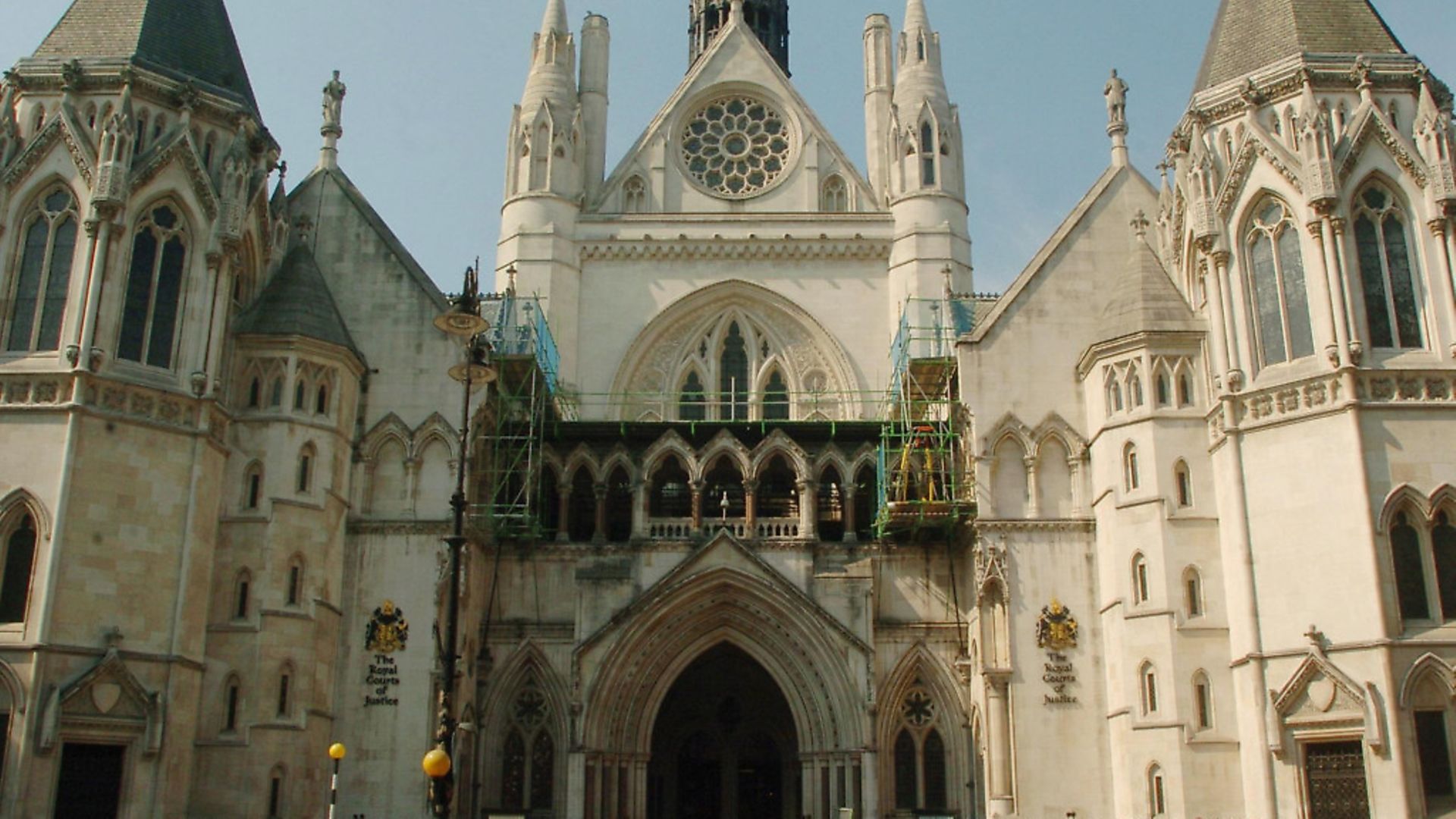
Campaigners have lost a legal battle they fear could harm the chances of EU citizens applying for ‘settled status’ in the UK.
The organisation, The3Million, had brought a High Court challenge over new laws preventing EU citizens living in the UK from finding out what data the Home Office holds on them.
The group – which represents the interests of Europeans in the UK – had challenged an exemption clause in the Data Protection Act (DPA) introduced last year which denies them access to their personal records in immigration cases.
However, Mr Justice Supperstone has ruled that the exemption is not unlawful.
He acknowledged there was a “particular concern” among campaigners because EU citizens will have to apply for settled status if they wish to continue living in the UK after Brexit.
But he also recognised the Chief Inspector of Borders and Immigration has said there is a 10 per cent error rate in immigration status checks.
However, in his ruling, the judge highlighted safeguards within the DPA which provide effective remedies in case of error.
The case, against the Home Secretary and the Secretary of State for Digital, Culture, Media and Sport, was brought by The3Million alongside digital campaigners the Open Rights Group.
Both campaigning organisations had urged the government to reconsider the exemption before it became law in May last year, before launching High Court proceedings in July after it refused to do so.
Human rights organisation Liberty intervened in the case, arguing the exemption is unlawful because it undermines an individual’s right to privacy.









